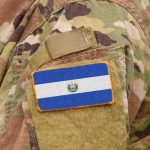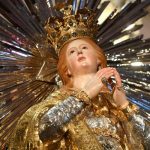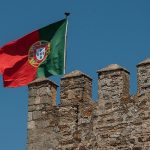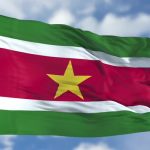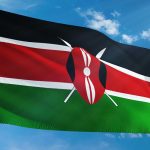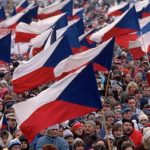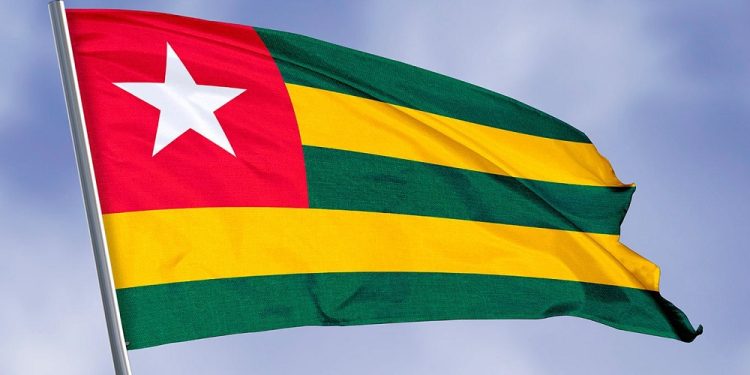
Liberation Day in Togo
Observed on January 13th annually in Togo, Liberation Day is a holiday that commemorates the bloody coup that occurred in 1963. Over the past few years, this holiday has become somewhat controversial, with some people saying that there shouldn’t be a holiday that celebrates an assassination.
To others, it’s just another holiday on the calendar to be celebrated like any other. Regardless of how it’s viewed, this day is not a public holiday, and businesses remain open. One of the key highlights of this holiday is that the Togo military organizes a parade down the main boulevard in the capital of Togo, Lomé.
The History Of Liberation Day In Togo
On January 13, 1967, Gnassingbé Eyadéma overthrew Togo President Nicolas Grunitzsky. Eyadéma would serve as president until 2005 when he was succeeded by his son Faure. He has ruled Togo ever since, and Togo Liberation Day was created to honor his father’s succession to power.
Facts About Togo
Below are some facts that we learned while we were doing the heavy lifting of finding out about Liberation Day. Let’s take a quick look at them before moving on.
- Togo and surrounding areas were once known as the Slave Coast between the 16th and 18th centuries.
- “Togo” means “House of the Sea” in the Ewe language.
- The Ewe are the major ethnic group in Togo and migrated there from Nigeria during the Middle Ages.
- In the 19th century, slavery was abolished in Togo.
- The most important cash crop in Togo is cotton. Also important are cocoa and coffee.
- The population of Togo is over 8.6 million people.
Observing Togo Liberation Day
As noted above, this holiday is often observed with a colorful military parade that’s held in Lomé. It’s also celebrated with fireworks displays and other festive events. Some people also use this holiday to voice their disapproval of it.

